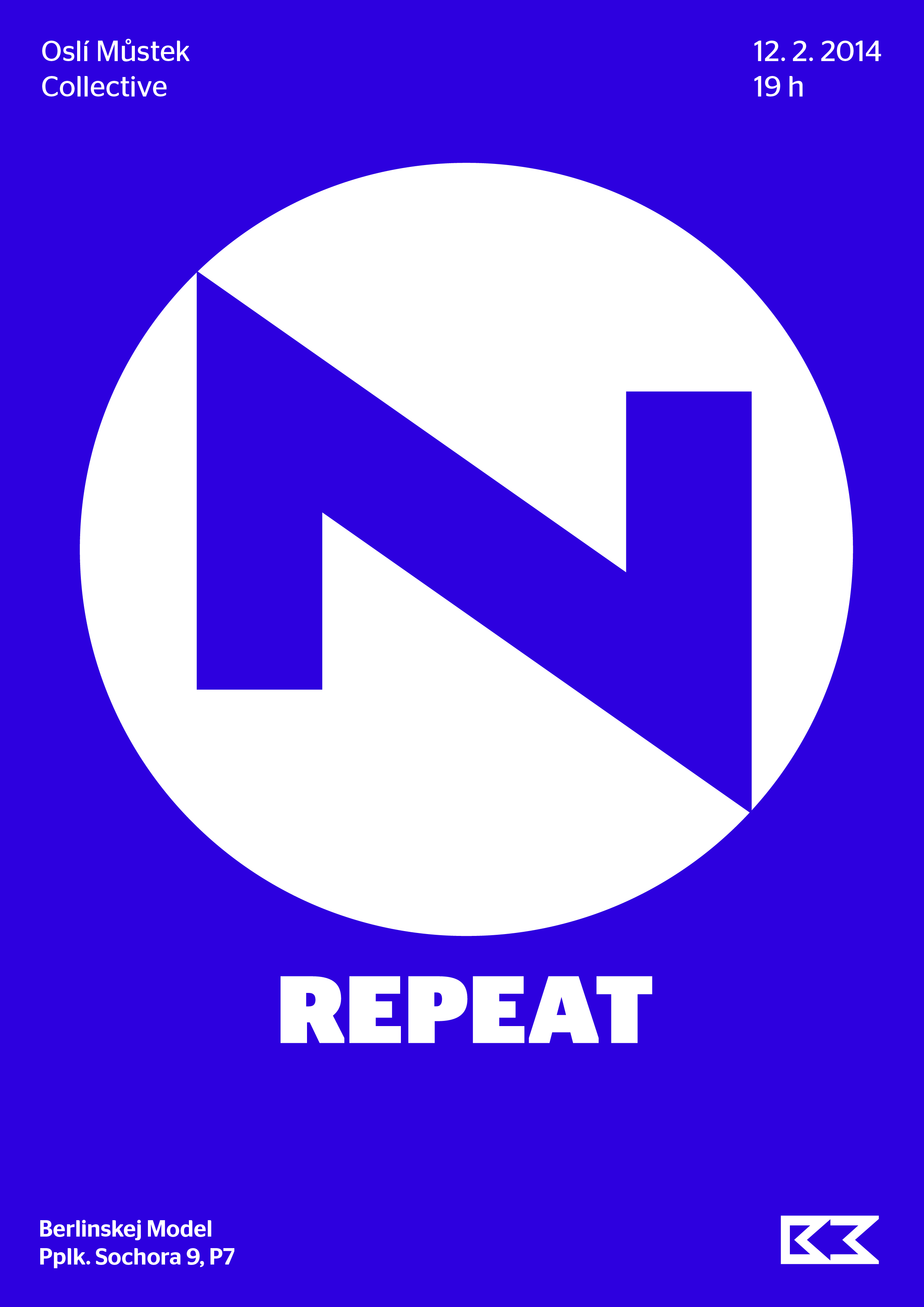Oslí Můstek Collective
exhibiting: Tereza Adámková, Dalibor Knapp, Marek Matvija, Franz Milec, Sylvia Nicolaides, Lea Petříková, Sara Pinheiro
workshop of Radim Labuda at CAS FAMU
curator: Radim Labuda
I named them Donkey Bridge Collective.
They wasted goods in many ways. They consumed a lot of fish oil. They indulged in destructive competition. Lust did not rage in them and their each step depended on the previous one.
“Don’t think you have arrived just because you see the peak.”
They knew what was above. While climbing they took note of all the difficulties along their path. For a certain period they documented the life itself by artistic means. They served fat in large quantities to the guests and poured it into the fire. As the guests sat around the fire, the heat from the burning fat threatened them, which was also part of the rivalry. They considered alpinism as art. Women, they honoured. But then again, why be under both?
I observed them carefully.
The goal. The first step depended on the last. It commanded some categorically to drink, drink and drink and yet others to work , work, work. But they could not always stay on the summit and dreaded the culture of the masses. Only a live cell with two or three neighbours lived on to the next generation. They had to come down again. To know what they saw when they were higher up. When they no longer saw, they at least still knew.
They walked from object to subject. Looking down at their feet, they were certain of their every step, but did not let themselves be distracted from the highest. No longer seeing it, they would always know it is there, if they had the greatest prudence. Art meant for them the accomplishment of knowledge in action.
So what was the point? Only this: what is above knows what is below, but what is below does not. And does nothing but approach.
Footnote for the English speaking: donkey bridge, in English known as “pons asinorum” is a metaphor for finding the middle term of a syllogism or a connection of two topics that are almost but not quite “non sequitur”.
– – –
with support of CAS FAMU

